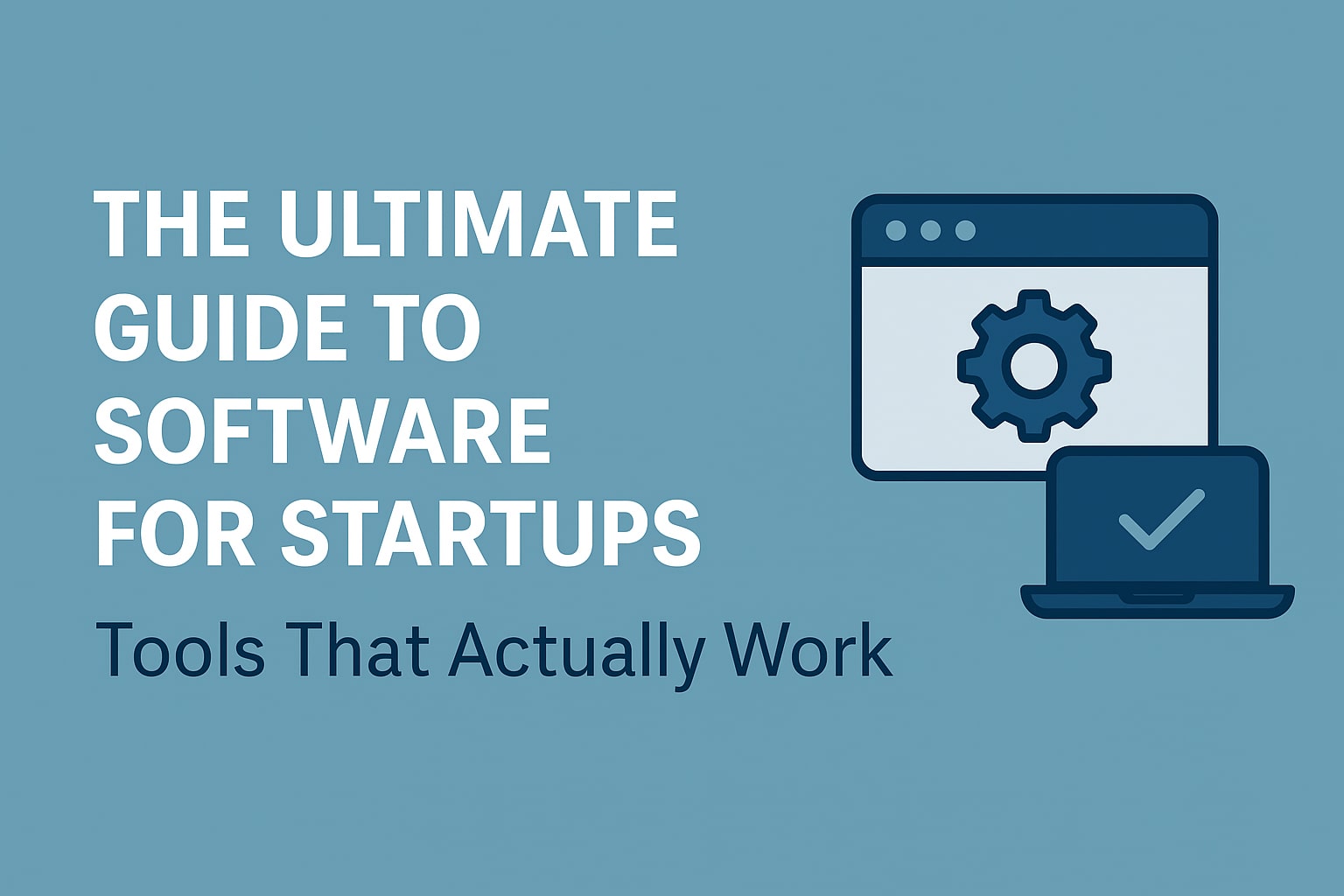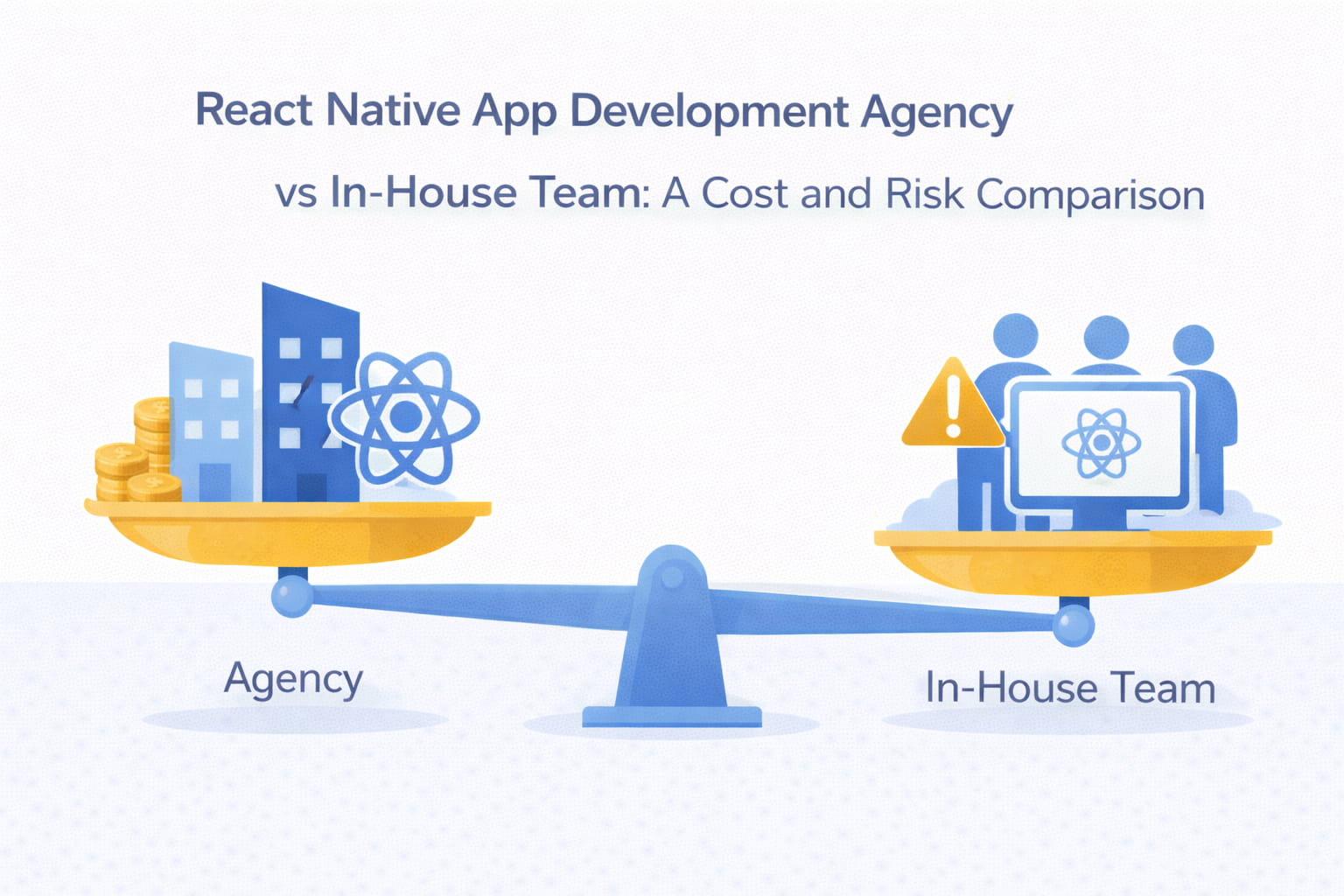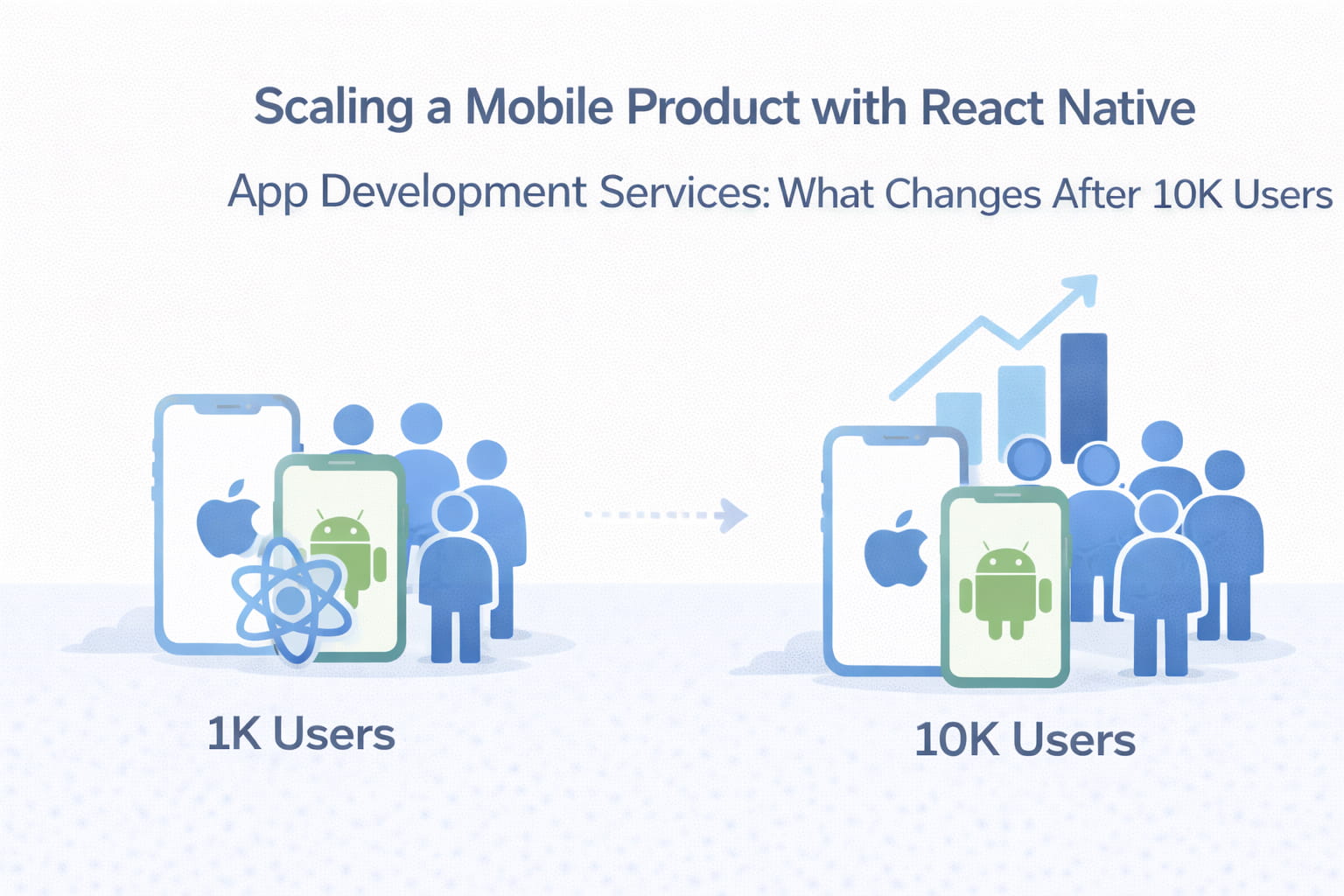Starting a startup? It’s exciting, but there’s a lot to think about: products, teams, marketing, and money. Founders often waste time finding CRMs, project tools, or accounting programs, only to find they don’t really work. In our last post we talked about how the right app can grow your startup and make new chances for young companies. In this guide, we will share the software for startups at all stages. Whether you’re just starting or growing fast, this guide will help you choose the right software and see how software development can help you grow.
Why Choosing the Right Software for Startups Matters
Choosing the right tools is about more than convenience. At Digital Octane, we’ve seen startups start with a free CRM that looks great at first, only to get hit with huge annual fees when they need advanced features.
The goal isn’t to find the flashiest software. It’s to find tools that actually solve your problems, scale with your team, and integrate well with each other. That’s what makes a difference for small teams trying to get big results.
The Four Foundational Tools Every Startup Needs
Before we dive into sales or finance tools, you need a foundation that’s stable, secure, and easy to manage. Here’s what we recommend:
Google Workspace is our top choice for handling email, docs, and teamwork. You often see Sign in with Google on different apps, and there’s a reason. Most modern software for startups is built with Google integration first, which makes your life easier. Microsoft 365 is also an option, but many startups find Google Workspace easier to manage and more reliable.
- A Password Manager
Security is often overlooked by new startups. Many founders use the same password everywhere – or worse, write them down. That’s a huge risk. A password manager like Dashlane keeps your team secure, makes sharing credentials safe, and is easy to use. Tech-savvy teams might prefer 1Password for its more advanced features, but the key is to stop relying on memory or sticky notes.
- CRM for Sales
A Customer Relationship Management (CRM) tool keeps your sales organized and helps you close deals. For small teams, we recommend Folk or Copper. Folk is simple to use and has some AI features, while Copper integrates deeply with Google Workspace. Avoid enterprise-level CRMs like Salesforce unless you have hundreds of employees – they’re overkill for most startups.
- Virtual Mailbox
For remote startups, handling physical mail is a necessity. Solutions like Stable scan incoming documents and send notifications through email or Slack. This allows users to address each item without needing to be physically present, offering a straightforward tool for keeping things in order.
These four foundational tools help your business run smoothly from day one. They cover communication, collaboration, security, and basic logistics – everything you need to build a stable base.
Finance Tools That Save Time and Headaches
Managing finances is one of the areas where the wrong tools can really hurt a startup. Here are the tools we recommend:
- Modern Business Banking
Traditional banks are clunky and outdated. Instead, use a modern banking solution like Mercury or Novo. Mercury is our favorite because it integrates well with accounting software for startups, has a clean interface, and offers up to $5 million in FDIC insurance.
- Accounting Software
Accounting can be painful, but the right software for startups makes it manageable. In the United States, QuickBooks Online is a popular choice. We are, though, moving to Kick, an AI-driven system that automates bookkeeping and reduces manual work. Outside the US, Xero is an excellent alternative.
- Payroll and International Hiring
Gusto offers a straightforward and trustworthy payroll solution. It works with QuickBooks and manages tax filings and direct deposits. For hiring international contractors or employees, Deel handles legal compliance and global payments effortlessly.
- Expense Management
A good expense management tool prevents hours of manual reconciliation. For example, BILL Spend & Expense works well in the US, and Airwallex handles overseas payments. These types of tools help monitor subscriptions, receipts, and team costs.
The right finance stack ensures your startup runs efficiently and keeps your team focused on building your business – not reconciling numbers.
Daily Operations: Software That Helps Your Team Work Smarter
Once your foundation and finances are in order, it’s time to think about day-to-day operations. These tools help your team stay organized, productive, and stress-free:
- Project Management:
Tools like Motion combine task management and scheduling in a way most project tools don’t. Unlike Asana or Monday, Motion factors in your actual availability, which helps planning your work.
- Scheduling:
If you schedule lots of meetings, a tool like Cal is more flexible than Calendly. It lets you collect payments, route meetings, and create workflows, which is especially useful for small teams.
- Email & Communication:
Email can be a productivity killer. Superhuman makes email fast, organized, and even AI-assisted. For customer support, a shared inbox like Help Scout ensures that emails don’t get lost and your team can collaborate effectively.
These tools aren’t just conveniences – they make a measurable difference in efficiency. The right combination of project management, scheduling, and email software can save hours every week.
How Digital Octane Supports Startups
We don’t just recommend software – we help startups implement it. At Digital Octane, we’ve been providing software development services for startups for over a decade. That means we don’t just hand you a list of tools; we help you integrate them into your workflow.
We’ve helped countless startups pick the right software from the start, saving them time, money, and frustration. Our experience ensures that your tools scale along with your business.
Choosing the Right Software Doesn’t Have to Be Hard
The most important takeaway is this: pick tools that actually solve your problems. Don’t chase features or logos. Think about your team, your workflow, and what will actually help you grow.
Using the right software for startups can transform your business. And if you need support, we can offer a swift, secure setup that scales with your team.
Whether it’s setting up your Google Workspace, choosing a CRM, automating accounting, or creating your first app, Digital Octane is here to help. After working with hundreds of startups, we know what works – and what doesn’t.
Startups are hard enough. Choosing the wrong software shouldn’t make it harder.



